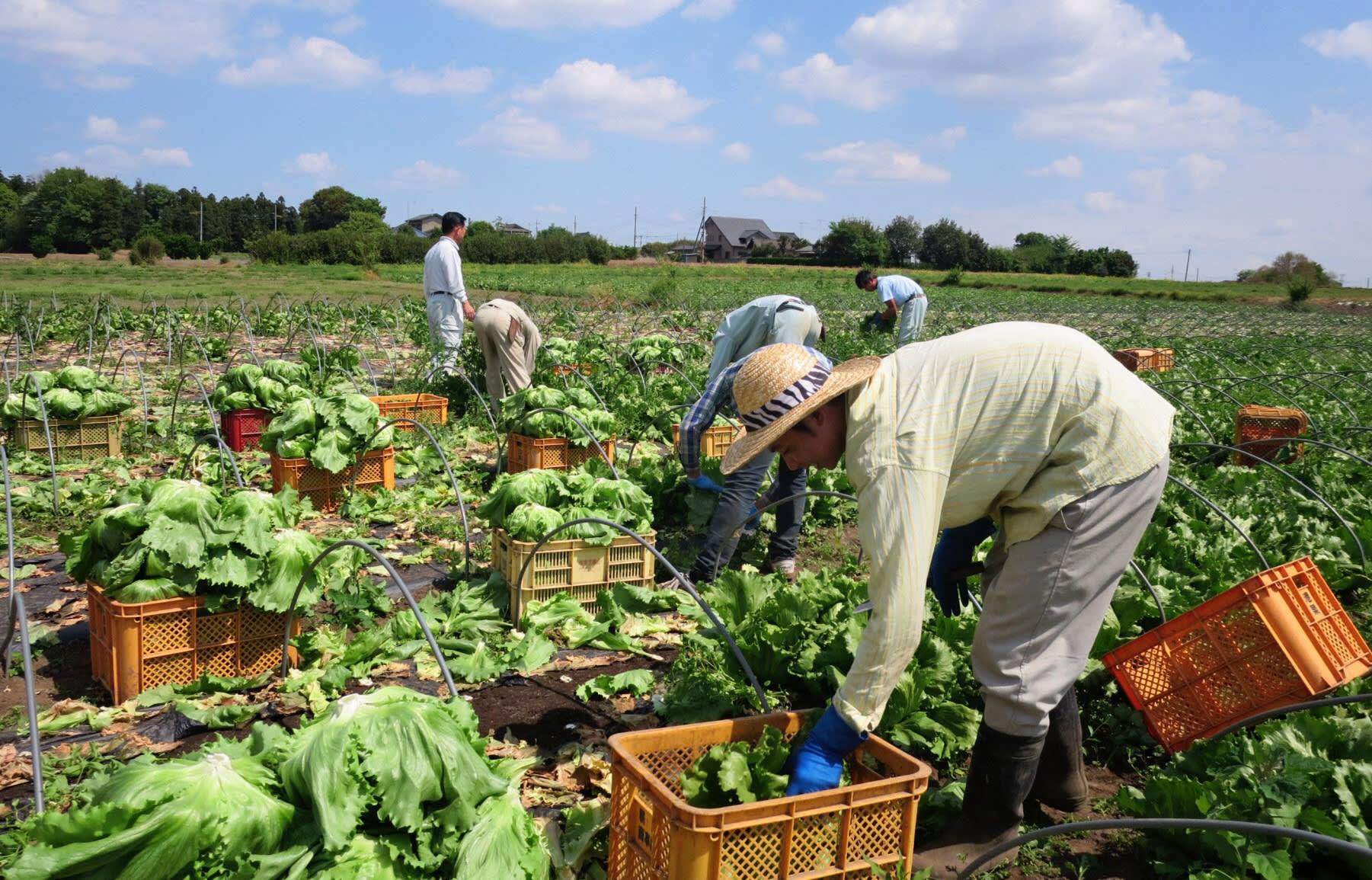CNI News
11 July 2022As the number of Myanmar youths who want to work in Japan is increasing, Japanese language schools are mushrooming in the country but it is still difficult for them to get jobs in Japan, according to agencies and those who are trying to go to Japan.
Many people from Myanmar are enthusiastic to work in Japan but it is still difficult to get jobs there as the number of job offer letters Myanmar received from Japan is still low, Director Ko Nay Oo of Naytic Asia Agency told the CNI News.
“We have accepted about three to four hundred applications from three language schools but received fewer job offer letters from Japan. As ours is not a big company like others, we can send more than 100 workers to Japan each year. We have many more applicants than job offer letters from Japan. In addition, Japan offered much fewer jobs to Myanmar workers than other nationals. Myanmar received only one-tenth of job offer letters other countries received. For example, if Japan sends 60,000 job offer letters to Vietnam, Myanmar receives only 6,000 job offer letters. Therefore, the number of people who want to work in Japan is much higher than that of job offers,” he said.
Although priority is given to those who passed interviews before the outbreak of COVID-19 in sending workers to Japan, he has not been sent in spite of passing interviews in 2019 due to the failures of his agency, Ko Nyein Chan told the CNI.
Japanese training school.
“The employer has not sent job offer letters and the Chinese agent has not replied either. The agency said they would contact us when they receive the reply. They told us frequently that they would contact us as soon as they received good news. However, those who passed interviews later than us have already left for Japan. We had to pay the agency one million kyats when we passed interviews. Then, we had to pay another one million kyats to submit the COE (certificate of education). Again, we had to pay over K 500,000 or nearly K 600,000 training fees, I think. As we had to borrow money from others to pay them, we are required to pay interest. The longer it takes to work in Japan, the more interest we have to pay. As it takes longer, we are getting older and some employers do not want to offer jobs to older people. We are worried,” he said.
In sending workers to Japan, official overseas employment agencies send trainees who passed interviews by linking with Japanese language schools.
As many youths are interested in working in Japan, Japanese language schools, which claim they have links with agencies and give false hopes in order to attract more of them, are mushrooming in Myanmar.
Therefore, Director Ko Nay Oo said it is necessary for trainees to make sure their language schools are actually linked to agencies.
“The list of official companies that are permitted to send workers to Japan has been announced by the Ministry of Labour. It is necessary to check whether the language school they intend to attend has a real link to the agency, if the agency has been permitted to send workers to Japan officially, and how many workers it has sent to Japan to avoid such undesirable problems. Youths should check them. Now, they are so enthusiastic to work in Japan that they fail to check them. As they think they will be able to go to Japan by paying a certain amount of money, they get cheated,” he added.
A Myanmar national working in a restaurant in Japan.
At present, the number of people who want to work in Japan has increased dramatically compared with the period before the outbreak of the pandemic, according to Myanmar Overseas Employment Agencies Federation.
Some youths intend to continue their education in Japan but others are trying to work there. However, it is important for all of them to be fluent in Japanese language to lead convenient lives in Japan, Ko Myat Thu Aung, who once worked in Japan, told the CNI.
“It is necessary for them to be well versed in Japanese because they have to live there. When I arrived in Japan, I faced many difficulties as I was not fluent in Japanese. First of all, they are required to be fluent in Japanese, which will contribute to learning job skills at work sites. If they are not, they will not understand what others say and will have problems,” he said.
Currently, Japan is offering jobs for Myanmar in factories, workshops, construction sites and the agriculture sector at the minimum wage of Yen 90,000 (more than one million kyats), according to the MOEAF.




